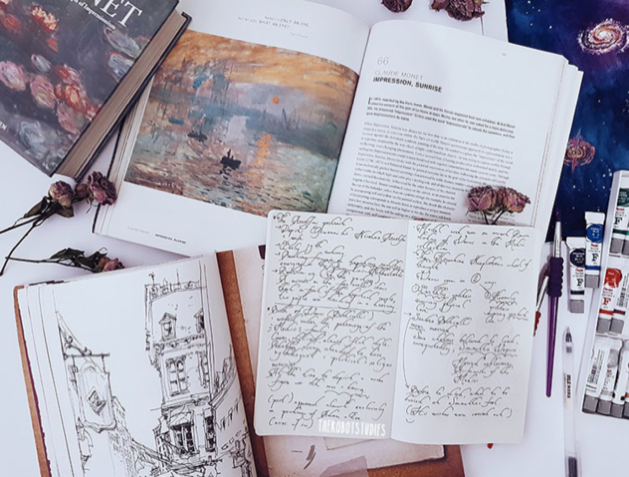I’m a packrat, or a memory-keeper as I prefer to think about it. But truth be told much as I try to whittle my life down to essentials I seem to always want to hold onto already read books (alright my grandfather’s entire law library), mementos (ok playbills from high school performances),and even sometimes drafts of old letters that seemed important when I wrote them.That fact and my daughter having interned for me this summer have collided. She is not a packrat. In fact quite to the contrary, she is a neat-nick, last season’s clothes are quickly updated, school notes from her favorite classes are stored in her memory but quickly discarded, and from a young age her closet has always been organized by color, fabric weight, tops, bottoms and other forms of logic that elude me. Therefore perhaps it should come as no surprise that when she stepped into my office to intern this summer I would not only benefit from her questions and eagerness to learn about the law, but by her insistence that I organize my office and go through piles of papers that she seemed certain must be trash.
I was happy to spend some time with her sorting through those piles to see what amongst them was truly worth saving and what should find its way into the shredder. And the exercise has been fantastic. I now have cleared new spaces, and found some gems (memories) I didn’t even know I was keeping such as children’s stories I wrote for my nieces and nephews before I became busy with children of my own, and alas the draft of a letter I wrote to Judge McNaught, my law school evidence professor.
Rereading that letter was instructive, brought me back 35 years, and perhaps explains in some small part a piece of my journey into the founding of the Consilium ® Process.
The letter reads as follows:
Dear Judge McNaught,
With exams behind me, I can finally allow myself to put pen to paper and express my feelings about your evidence class.
Never in law school have I felt “moved”. Never have I felt deeply. In fact, I have felt less toward and from law school than any other “life experience” I can, to date, recall. I have found law school to be a very “heady experience”. Facts are fine- history
is fine- strict analysis is good; but implicit is the presumption not to muddy the waters with emotion. I’ve found that part of law school to be at best, stifling. For me, it was inspirational to see you “rebut the presumption”. In essence, to say, there is more to this process than facts, history, grades, money and the other tangible “immediates”. Initially I didn’t know how to incorporate your honesty and emotional expression. I sort of walked around, teary-eyed and talking with other students who felt a similar “charge” from your words to us that May day Wednesday evening. Your words and thoughts and especially your sincere emotions invigorated me. You confirmed my belief in and commitment to combining my feelings toward and of people with my hoped for abilities in the field of law.
Your words and the feelings they imparted will stay with me long after the various facts have become vague memories, and the grades have become meaningless. Thank you for giving me what I had resigned myself to never receiving in law school.
With deep respect and best wishes….
An added bonus to finding my old draft letter were two notes I’d written to myself at the top of the paper, reminders of things I needed to do- one just said “letter to Gus”. In and of itself that seems like a pretty insignificant note. However the Gus I referred to in that note is now the Honorable Gustavo Gelpi, Chief Judge of the Federal Court in Puerto Rico, and only last week I moderated a practicum in which he spoke. It occurs to me that the notes, the scraps, the memories all form a tapestry of life. Although clearly the “to do” note I’d left myself has nothing to do with Gus and I having maintained a friendship through the years, somehow seeing it reminds me of the contours of relationships, and how by looking back through our rearview mirror our present often seems like it was destined to be.

